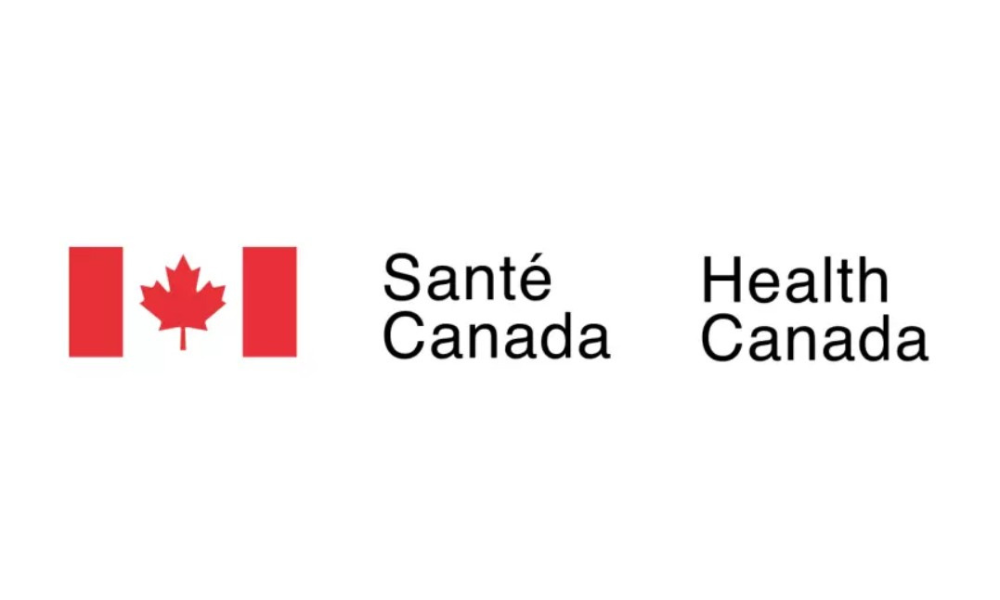OPRA by PSHSA helps organizations address job-based psychological risks to foster worker wellbeing

This article was sponsored by the Public Services Health & Safety Association.
Addressing psychological health and safety in the workplace is imperative to support overall worker wellbeing. Employers have a responsibility to recognize, assess, and control workplace hazards to support both physical and psychological worker wellbeing.
The Canadian Standards Association’s (CSA) standard for psychological health and safety in the workplace (CSAZ1003, 2018) is the first of its kind to take a management systems approach to addressing workplace psychological health and safety. It focuses on organizational-level psychosocial factors such as civility and respect, involvement and influence, and psychological and social support. The Public Services Health & Safety Association (PSHSA) recognizes that in addition to workplace psychosocial factors common across an organization, every job has unique stressors that impact worker mental health and can cause psychological harm. To help organizations address job-specific factors, PSHSA developed the Occupational Psychological Risk Assessment (OPRA) tool.

“At the time of inception, we found no other tools in Canada available to assess job-based risk of psychological harm,” says Tegan Slot (pictured), Manager of Workplace Wellbeing at PSHSA. “The OPRA tool enables organizations to recognize, assess, and control job factors that directly impact workers and may cause psychological harm.”
The benefits the OPRA tool brings to workplaces are many. The tool can help workplaces:
- create awareness of psychological hazards and risk
- determine if existing control measures are adequate to prevent psychological harm, or if more are required
- prevent injuries and illnesses by incorporating findings into job descriptions, informing development of safe work practices, offering guidance on prioritizing and actioning control measures to prevent harm and promoting and fostering vertical trust in the workplace
How does the OPRA tool work?
The OPRA uses a collaborative, job-based approach to bring workers, supervisors, labour representatives, and wellness professionals together to gather a full understanding of each job role and its risks of psychological harm.
- participants complete a brief eLearning module to learn more about the tool and how to use it effectively
- they are then guided through 18 job factors that impact psychological health and for each job factor, they rate probability and severity of psychological harm
- afterwards, the tool will propose practical workplace solutions that are customized to the job and the workplace, based on how the job factor is present, and the identified risk of harm
- participants can also add solutions that are unique to their job and their workplace
All workplaces can make use of the tool, as risk of psychological harm can be found in any workplace.
What makes the OPRA tool unique?
The core principles of the OPRA tool are what sets it apart in addition to its collaborative approach. Participation of frontline workers doing the job being assessed is imperative to the successful completion of the assessment as the workers’ experiences with job factors related to job demands, job control, and job supports directly informs identification of exposures and workplace factors that contribute to psychological harm. The supervisors’ participation ensures that consideration is given to both job factors and organizational factors when identifying causes of psychological harm.
The OPRA tool uses a risk-based approach to recognize, assess, and control psychological hazards, and guides the user through discussions of both general and sector-specific solutions to prevent psychological harm. The latter are tailored to meet the needs of a particular job in a particular workplace, as identified by participating workers and employers. “The use of the tool is strengthened through that collaboration,” Slot says.
“Worker input ensures that identified solutions are relevant and applicable to the job, and the supervisor’s knowledge of operational challenges helps inform the identification of solutions for health protection and promotion while being mindful of operational constraints,” she adds. “The employer’s role is to commit to creating and maintaining a psychologically safe workplace including supporting the assessment and providing the necessary tools and resources to action identified solutions.”
The future of the OPRA tool
Originally paper-based, PSHSA is rolling out a user-friendly, web-based version of the OPRA tool in the fall. Development of the web-based tool aligns directly with Ontario’s Prevention Works Strategy’s Key Strategic Priority of supporting mental health and preventing workplace harassment and promoting equity, diversity, accessibility, and inclusion across all programs and activities. It also makes health and safety tools and resources easier for small businesses to access and use.
“It’s designed to increase accessibility to psychological health and safety for workplaces of all sizes and geographical locations,” Slot says, adding that from setting up a workplace profile, to helping the organization get started, to facilitating the whole assessment, PSHSA is committed to helping employers leverage OPRA to its full effect.
“Until the web-based version is widely available for use, workplaces can connect with a PSHSA consultant to start using the tool with PSHSA support. We’re here to help.”
Tegan Slot, R.Kin MSc PhD CRSP CCPE, is manager, Workplace Wellbeing, with Public Services Health and Safety Association. Tegan is a Registered Kinesiologist, Canadian Registered Safety Professional, Canadian Certified Professional Ergonomist and holds a Master of Science and PhD in biomechanics and ergonomics. She takes a collaborative approach to health, safety and wellbeing solutions with a focus on cooperation, connections, and partnerships.
You can reach out to the PSHSA OPRA team for more information by email at [email protected]





